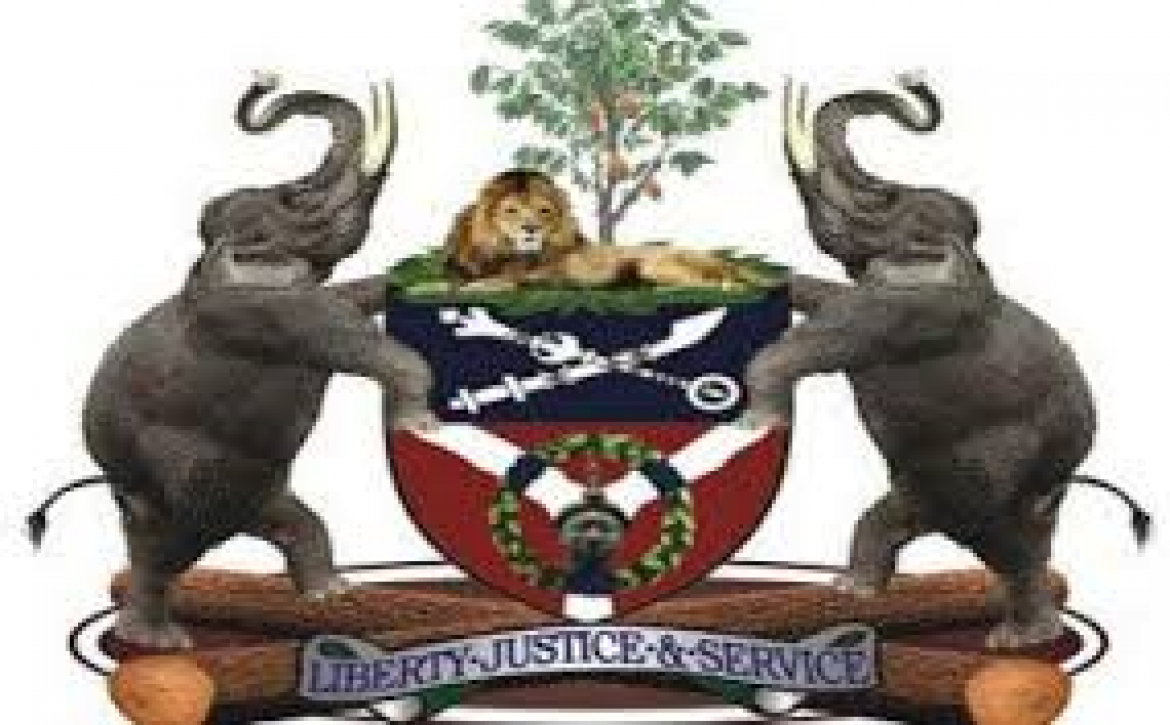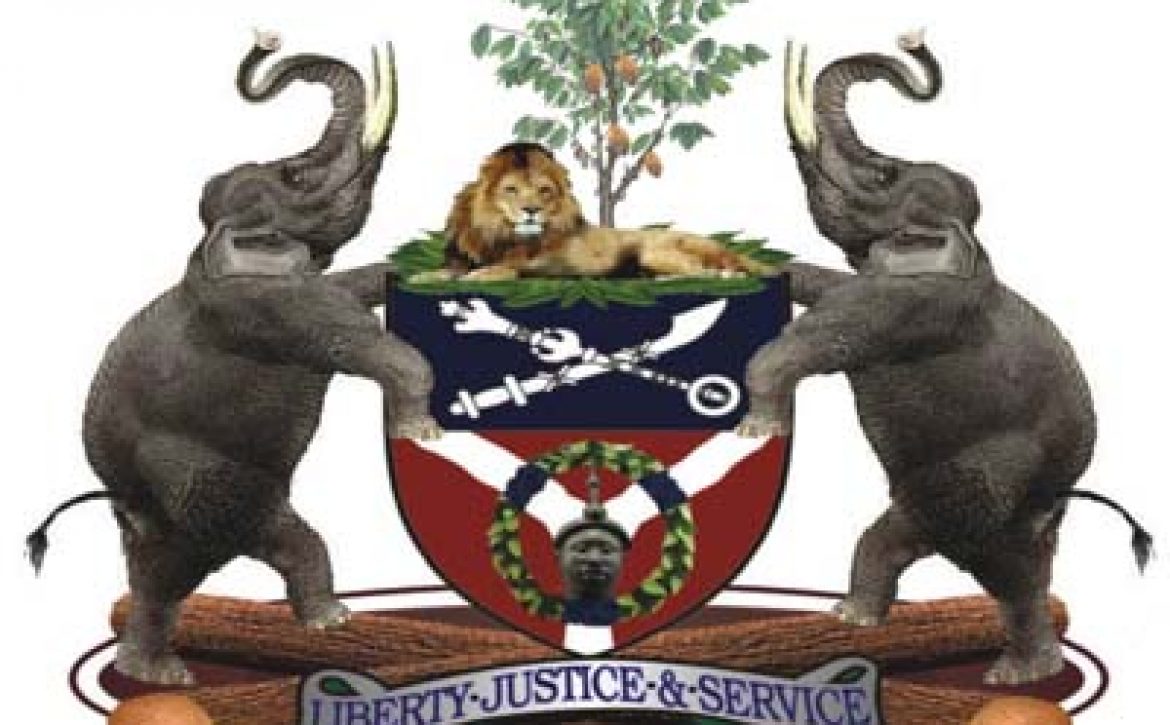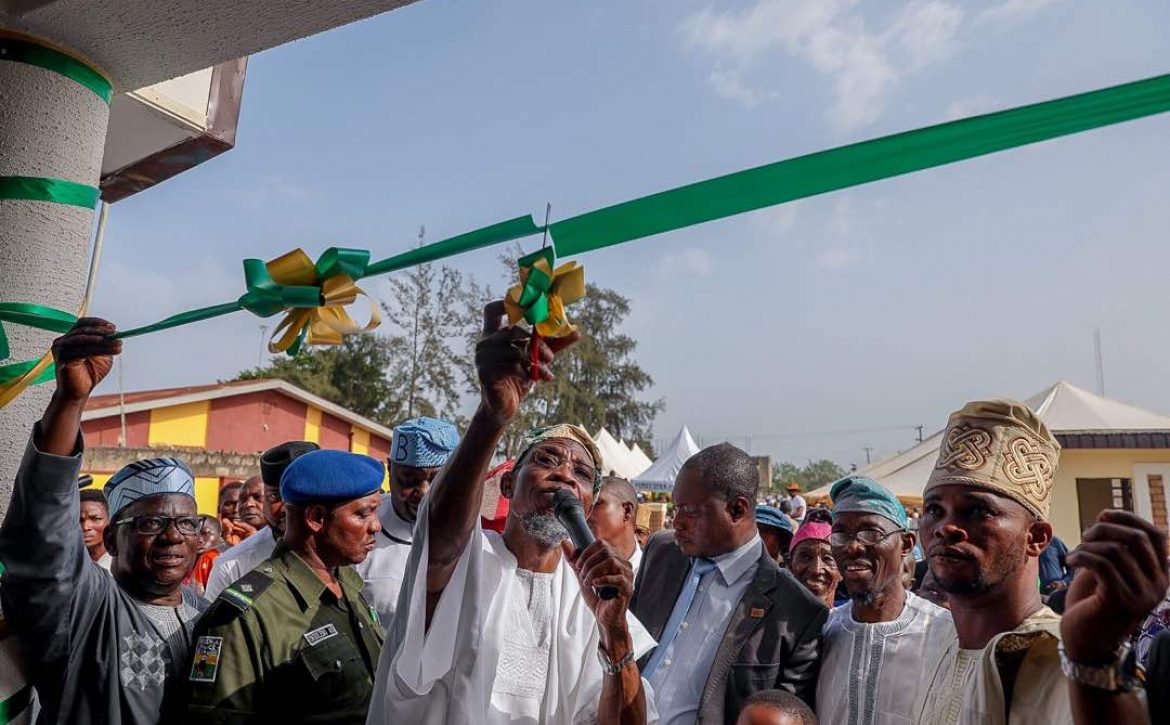imply put, human capital is defined as the skills, knowledge, and experience possessed by an individual or population, viewed in terms of their value or cost to an organisation or country. These are what actually facilitate or constrain the development of any organisation, state or nation. We are sometimes deluded to think in terms of natural resources such as oil, gold and all what is not, to measure potential development. But recent happenings in our nation have shown us that these are mere mirage to true development. If anything, they are albatross to our journey and our quest for a secured future. Oil is fast on its way to irrelevance with “oil-less” technologies coming on board in all facets as technological advancement is inevitable. After all, the Stone-age did not disappear for lack of stones, but for its faded relevance.

Looking closely, it has been identified that nations with vast natural resources are almost always those with the least development index, except if blessed with visionary leaders who acknowledge that something must be consciously and seriously done. Lee Kuan Yew was Singapore’s Prime Minister for three decades. And realising the limited natural resources of his country, he is known to say and demonstrate that Singapore’s only natural resources are its people and their strong work ethic. During the three decades in which Lee held office, Singapore grew from a developing country to one of the most developed nations in Asia.
In similar vein, the Prime Minister of United Arab Emirates and Ruler of Dubai, Sheik Mohamed bin Rashid Al-Maktoum initiated a number of human capital development prorammes and mechanisms that was aimed at achieving excellence. Dubai is naturally in an arid region with little or no mineral resources for survival. He invested heavily in knowledge economy and creative human resources in order to reach his ambitious development goal which today is attracting businesses and tourists to this nation-state.
In his epic book, “My Vision” (2012), Rashid Al-Maktoum addresses wider Arab nations thus, “Our experience in the UAE has taught us that there are no big secrets to the development process. The quality of a group is derived from the quality of its members, and the strength of a community is derived from the strength of its sons and daughters. When we free the potential of the individuals, we simultaneously free the potential of the whole community they are part of, and when we let the creativity of individual blossom, the creativity of the community as a whole blossoms”. He was referring to human capital development.
One of his most favourite quotes which inspire personal strives for development is referred to as the gazelle and lion quote: With each day in Africa, a gazelle wakes up knowing he must outrun the fastest lion or perish. At the same time, a lion stirs and stretches, knowing he must outrun the fastest gazelle or starve. It is no difference in human race. Whether you consider yourself a lion or a gazelle, you simply have to run the race of your life (human capital) to survive, says Al-Maktoum.
When Nigeria discovered oil in awesome commercial quantity post-civil war, then head of the country’s military government, Yakubu Gowon was quoted as saying that money was not Nigeria’s problem but how to spend it. His government went on spending binge. This behaviour did not stop even up to this present dispensation. What with petro-dollars that are at the beck and calls of successive governments?
While our contemporaries in other nations were utilising the proceeds of these resources to develop their countries’ human capitals, the same way Osun government is doing presently, the national government was busy on spending jamborees, creating false development indices which are themselves counter-developments, thinking that throwing money at problems and merely building structures and infrastructures alone, without corresponding human capital development will one day take us to our Eldorado. The rise of corruption in our system is a direct result of the inability to focus our rapt attentions on human capital development.
When Governor Rauf Aregbesola came on board in 2010, he met unbelievable base level of human capital, so low that conscious effort to do something to reverse it was not an option but the only chance he had. He had to convoke an education summit as an initial move, which catapulted the vast infrastructural and human capital atmosphere we are witnessing today. It is a long journey, no doubt. But the journey of a thousand miles, they say, starts with the first step forward.
The state of Osun has again been ranked second, only after Delta State, in human capital development idex in the first sub-national competitive index released by The National Competitiveness Council of Nigeria, NCCN. Osun has also maintained the second position in four years in a roll in the global Multidimensional Poverty Index (MPI) recently released by the Oxford Poverty & Human Development Intiative (OPHI) for the year 2016.
No wonder therefore that statistics shows Osun’s GDP is growing at the rate of 7.3% per annum and is the 5th largest economy in Nigeria.






